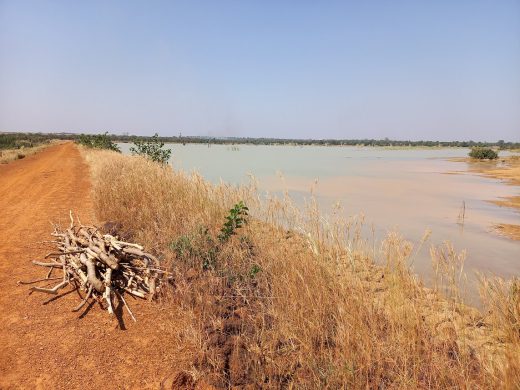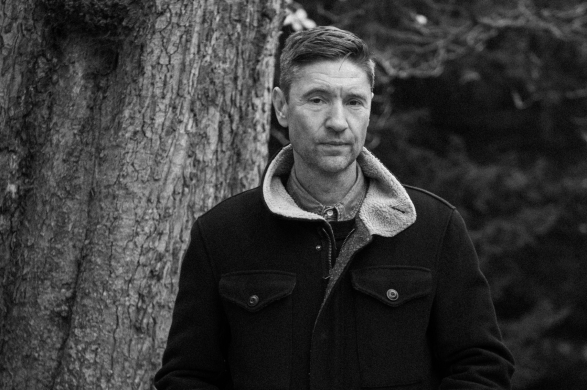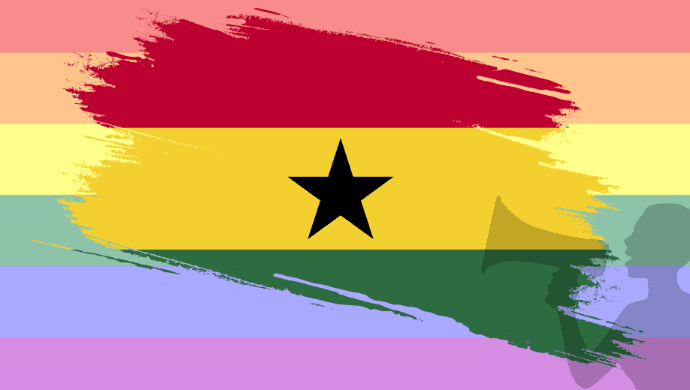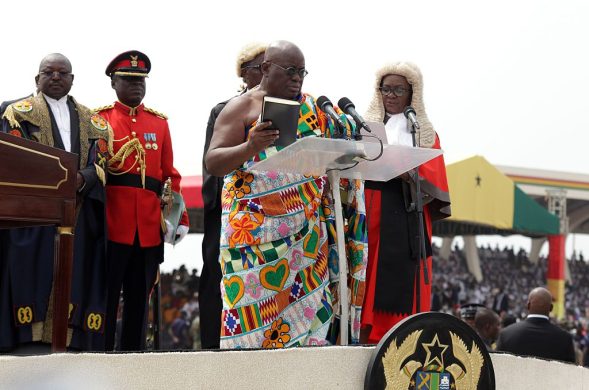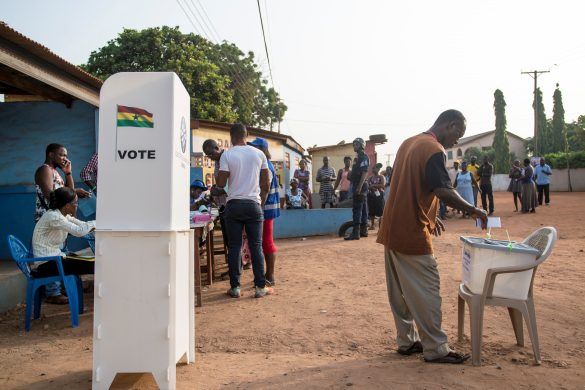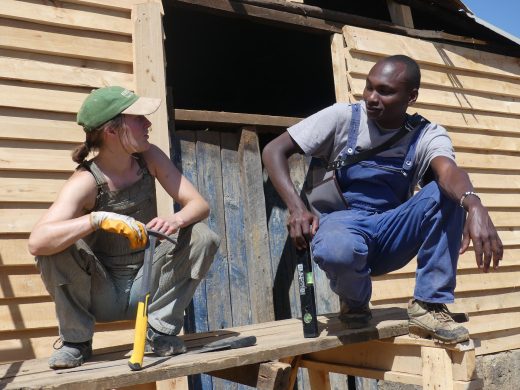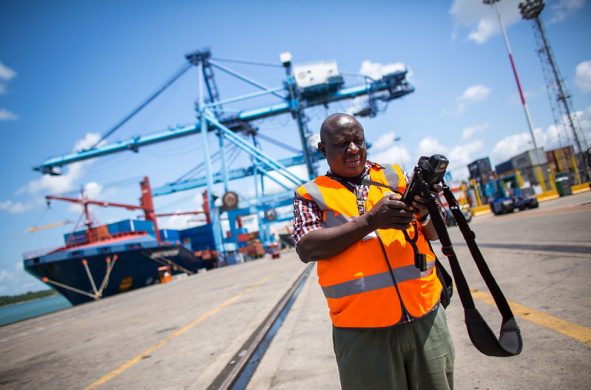The World Bank Board of Executive Directors Thursday approved an International Development Association (IDA) credit of 60 million US dollar in support of Ghanas Community-Based Rural Development Project whose overall objective is poverty reduction.
The project will also attend to several priority demands of rural populations in Ghana, including basic infrastructure such as; markets, potable water, health care, sanitation, and education, which is a successor project to the just completed Village Infrastructure Project.
– The project is expected to increase incomes in rural communities, to improve the access of rural people to basic social services and build capacities with a view to significantly increasing investments in economic, social and environmental activities, said Charles Annor-Frempong, the World Banks Task Team Leader for the project.
All sub-projects under the Community-Based Rural Development Project will be implemented by the communities themselves or under their control.
The institutional strengthening and capacity building component of the project (8,52 million dollar) aims at promoting good governance by building the skills of regional, district, area councils and rural communities and their traditional authorities to deliver public services and manage resources in an accountable and transparent manner.
A second component (21,9 million dollar) will enhance farm and non-farm activities that increase incomes for beneficiaries, including the provision of water for agriculture, the rehabilitation of feeder roads, and the improvement of access to farms and markets.
The setting up of rural enterprise development and learning centers is envisaged as part of the third component of the project for an estimated funding of 8,37 million dollar.
The overall objective of this component is to develop skills and create employment in rural communities. It will strengthen cooperative business activities, market research, business linkages and joint venture agreements, among others.
The rehabilitation of existing but run down school facilities, the construction of community health compounds and nutrition centers fall into the fourth component of the project, known as „Infrastructure for Social and Human Development‟.
With a total estimated cost of 23,34 million dollar, this component will also provide potable water for areas known to have water related diseases which limit the productivity of the rural population.
Water activities under this component will be limited to point sources such as hand dug wells and bore holes fitted with hand pumps.
The fifth component of the project: Community-based Natural Resource Management (4,5 million dollar) aims to strengthen the capacities of environmental and sanitation sub-committees and community-level organizations to preserve the environment and ensure the integrated management of land and water resources.
It will notably rehabilitate five critically degraded watershed areas and fund non-farm activities by targeting traders, traditional medical practitioners, wildlife traders and breeders, tree crop growers, and rural eco-tourism operators.
Ghanas efforts at reducing extreme poverty have yielded some fruit. The incidence of poverty in the country fell from 50 percent in 1992 to 43 percent in 1999.
However, observers agree that the inadequate development of rural infrastructure has disconnected households, particularly those in the three northern regions, from economic growth taking place in the rest of the country. This has left them trapped in poverty as a result of their limited access to education, markets and public services.
Additional funding for the project is being provided by the Government of Ghana, district assemblies and by the local communities themselves.
The credit is on standard International Development Association (IDA) terms, with a commitment fee of 0,5 percent, a service charge of 0,75 percent, and a maturity of 40 years, including a 10-year period of grace.
For more information on the World Banks work in Ghana visit www.worldbank.org/afr/gh
For more information on the World Banks work in sub-Saharan Africa visit www.worldbank.org/afr
Kilde: www.worldbank.org



